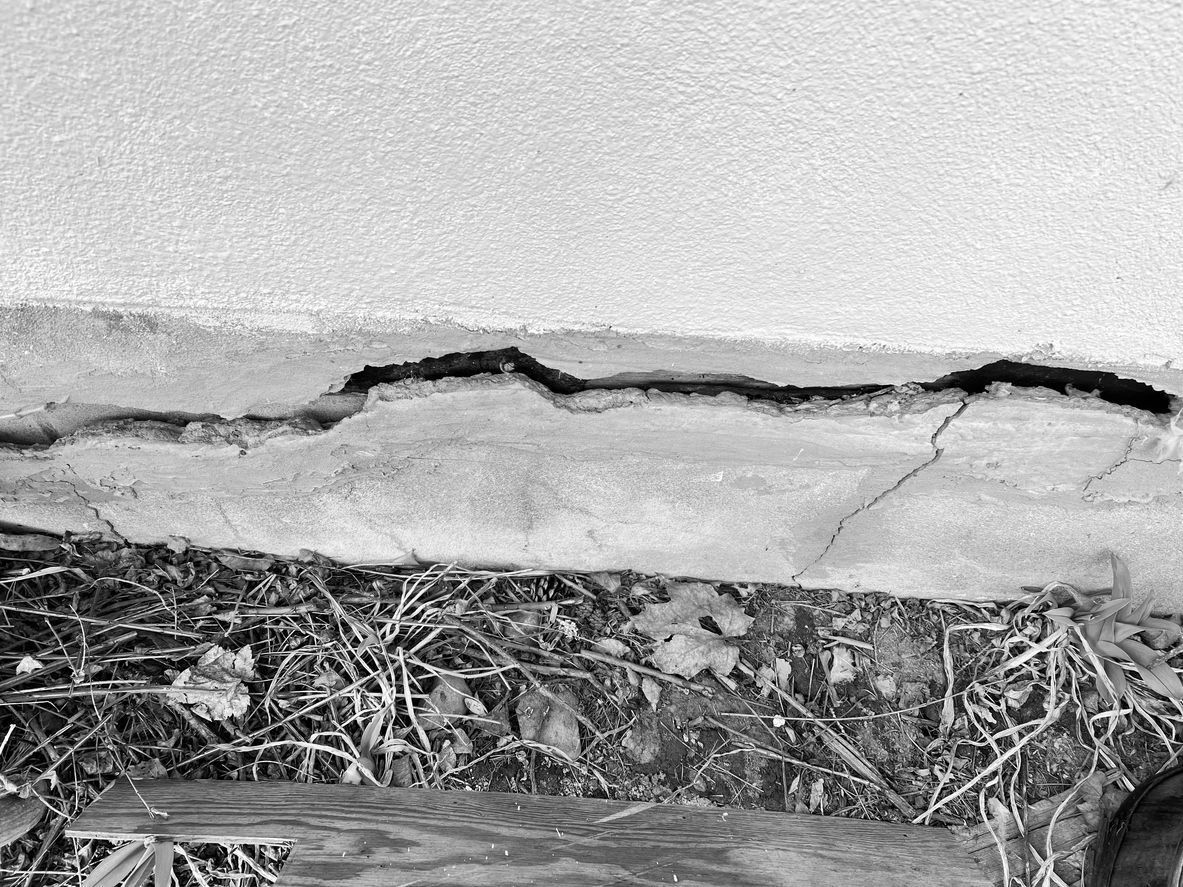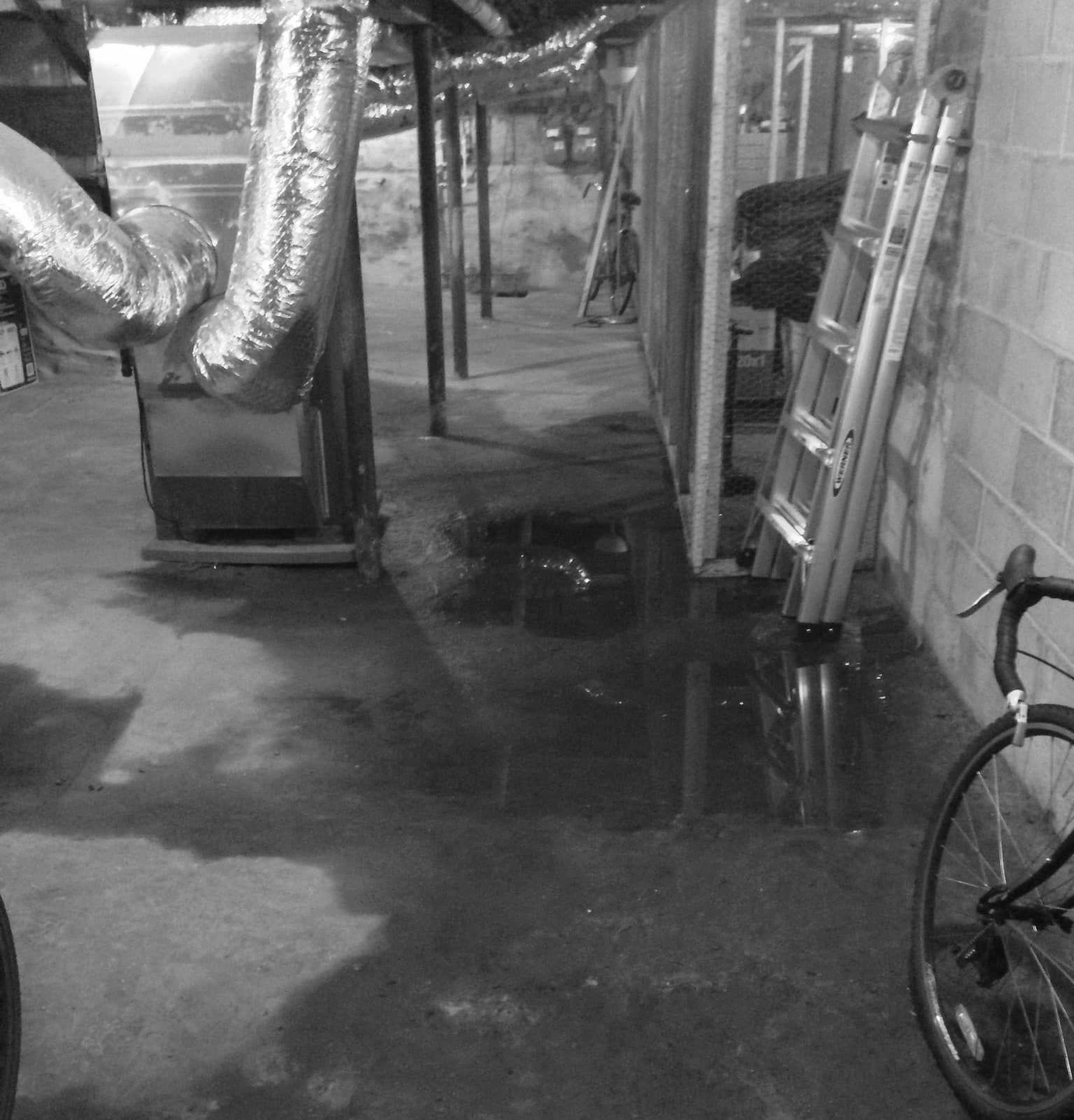5 Signs Your Crawl Space Needs Attention
5 Warning Signs Your Crawl Space Needs Repair in Arkansas or Missouri
Your crawl space may be out of sight, but it should never be out of mind. In states like Arkansas and Missouri, where humidity, rainfall, and shifting soils are common, crawl space issues can quickly spiral into costly repairs. Whether you’re in Southside, AR, Branson, MO, or anywhere in between, problems under your house often signal serious foundation or air quality concerns.
At Haven Contracting, we specialize in crawl space repairs that protect your foundation, improve indoor air quality, and make your home more energy-efficient. In this post, we’ll walk you through the five most common signs your crawl space needs professional help—and what you can do to fix it.
1. Musty Smells or Damp Odors Inside the Home
One of the first red flags homeowners notice is a persistent musty odor, especially near floors, baseboards, or vents. This unpleasant smell often comes from excess moisture trapped in your crawl space. Mold and mildew thrive in damp environments, and that air circulates throughout your home.
Why it matters:
- Can indicate mold growth, wood rot, or standing water.
- Impacts indoor air quality and health—especially for those with allergies or asthma.
What to do:
Schedule a crawl space inspection. Our team will identify moisture entry points and recommend solutions like vapor barriers, encapsulation, or dehumidifiers to eliminate humidity and odors for good.
2. Sagging or Bouncy Floors
Do your floors feel spongy or uneven? Do you notice cracks in tile or gaps forming between floorboards and baseboards? These are classic signs of foundation or crawl space structural damage.
What causes it:
- Wood rot from moisture in the crawl space.
- Settling or shifting of support piers or joists.
- Termite or pest damage to the floor system.
What to do:
We can assess the extent of the damage and reinforce the crawl space using steel jacks, new pier blocks, or sistered joists to stabilize your flooring.
3. Increased Allergy Symptoms or Respiratory Issues
You might not associate your crawl space with your health—but you should. When your crawl space is unsealed and unconditioned, up to 60% of the air in your home can come from below. If there’s mold, mildew, or pests down there, those particles circulate through your HVAC system and into your lungs.
Signs to watch for:
- Worsening allergy or asthma symptoms.
- New cases of chronic sinus or respiratory issues.
- A sudden uptick in indoor dust or moisture.
What to do:
Professional crawl space encapsulation and installation of a dehumidification system can drastically reduce allergens and improve air quality inside your home.
4. Standing Water or Damp Soil in the Crawl Space
If you’ve been under your home and noticed water pooling, damp dirt, or signs of mold, it’s time to act. Even small amounts of standing water can lead to major problems over time, including mold, rot, and insect infestation.
Common causes in Arkansas:
- Heavy seasonal rains and poor yard drainage.
- Leaking or poorly routed gutters and downspouts.
- Plumbing leaks in pipes running through the crawl space.
What to do:
A proper drainage solution like a French drain or sump pump, combined with vapor barriers and grading corrections, can eliminate the moisture before it damages your home.
5. High Heating and Cooling Bills
An overlooked crawl space can be a major cause of energy inefficiency. Gaps, cracks, and poor insulation allow conditioned air to escape while letting humid outside air in—forcing your HVAC system to work overtime.
Signs of inefficiency:
- Sudden spikes in energy costs without explanation.
- HVAC runs longer than usual to maintain temperature.
- Your floors feel cold in the winter or hot in the summer.
What to do:
Proper crawl space insulation, air sealing, and encapsulation can significantly reduce your utility bills while making your home more comfortable year-round.
Schedule a Free Crawl Space Inspection in Arkansas or Missouri
Arkansas’s humid climate and clay-rich soils make crawl space issues especially common. If ignored, small problems can escalate into costly foundation failures, wood rot, and indoor air hazards.
That’s why routine inspections, preventative maintenance, and professional repairs are essential for protecting your investment.



